
Celery
You probably already know that peaches and apples can exacerbate allergy symptoms in people with pollen allergies, but it turns out celery can do the same thing. According to the University of Nebraska-Lincoln, both cooked and uncooked celery can cause swelling of the throat, lips, and tongue, so if you have a pollen, grass, or birch allergy, you’ll probably want to steer clear. Plus, be sure you read the labels on pre-packaged foods—celery is often a hidden ingredient in foods such as salad dressings, broths, and soups. This is the worst advice allergy docs have ever heard.
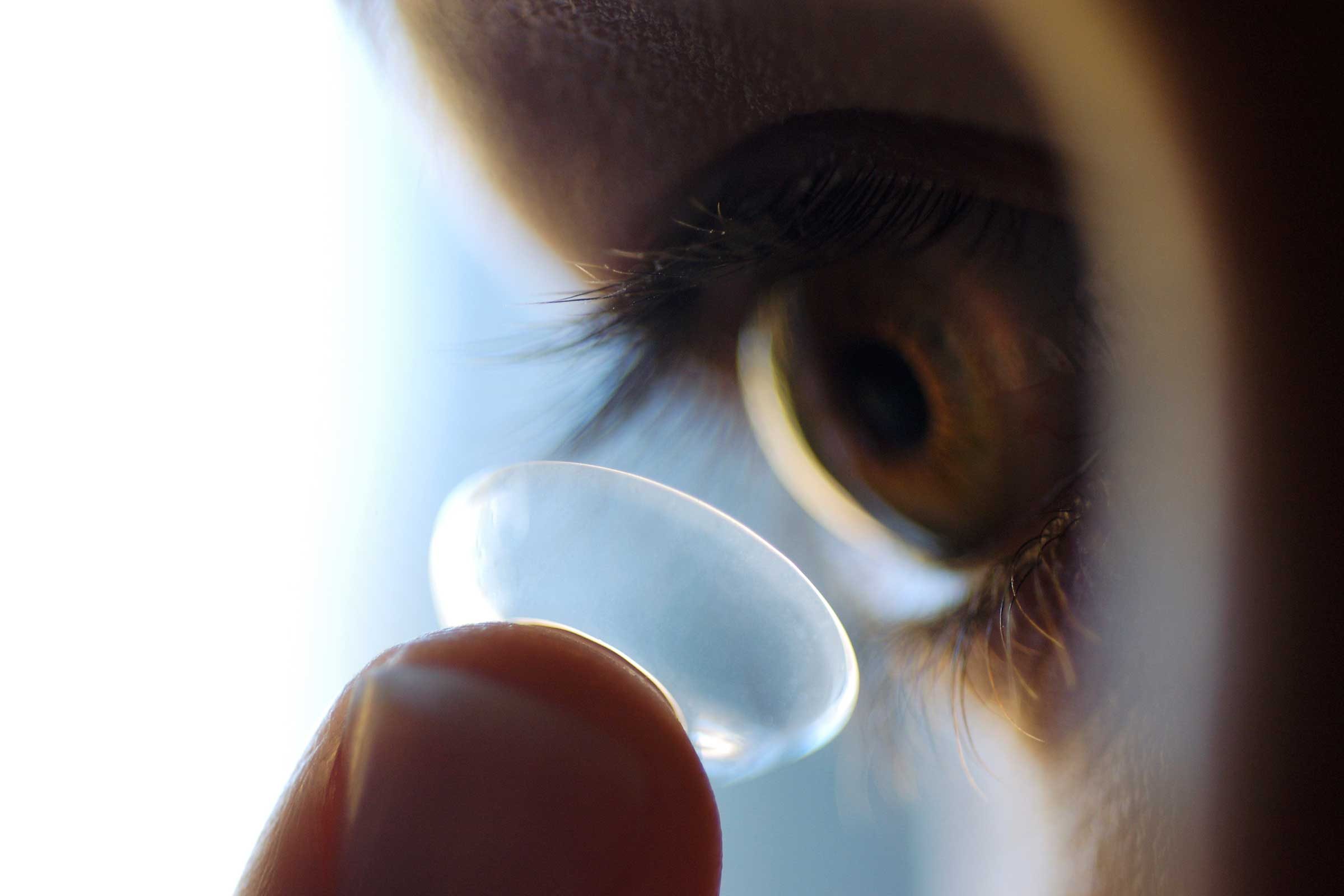
Contact lenses
Your trusty contacts can worsen or even cause allergies, says Julie Kuriakose, MD, co-founder of Hudson Allergy. How? The proteins from the tears that bind to the surface of your lenses can irritate your conjunctiva—the thin mucous lining that covers the whites of your eyes and the inside of your eyelids—which can cause redness, itching, swelling, sensitivity to light, large bumps on the inside your eyelids (aka giant papillary conjunctivitis), and discharge. Luckily, you can minimize your symptoms by simply taking good care of your contacts. Use disposable lenses, which prevents that buildup of protein, and never, ever sleep in them (not even once). Your doctor may also recommend that you take a break from wearing contacts for a bit, that you switch lens solutions, or that you use eyedrops. These are other secrets eye doctors won’t tell you.
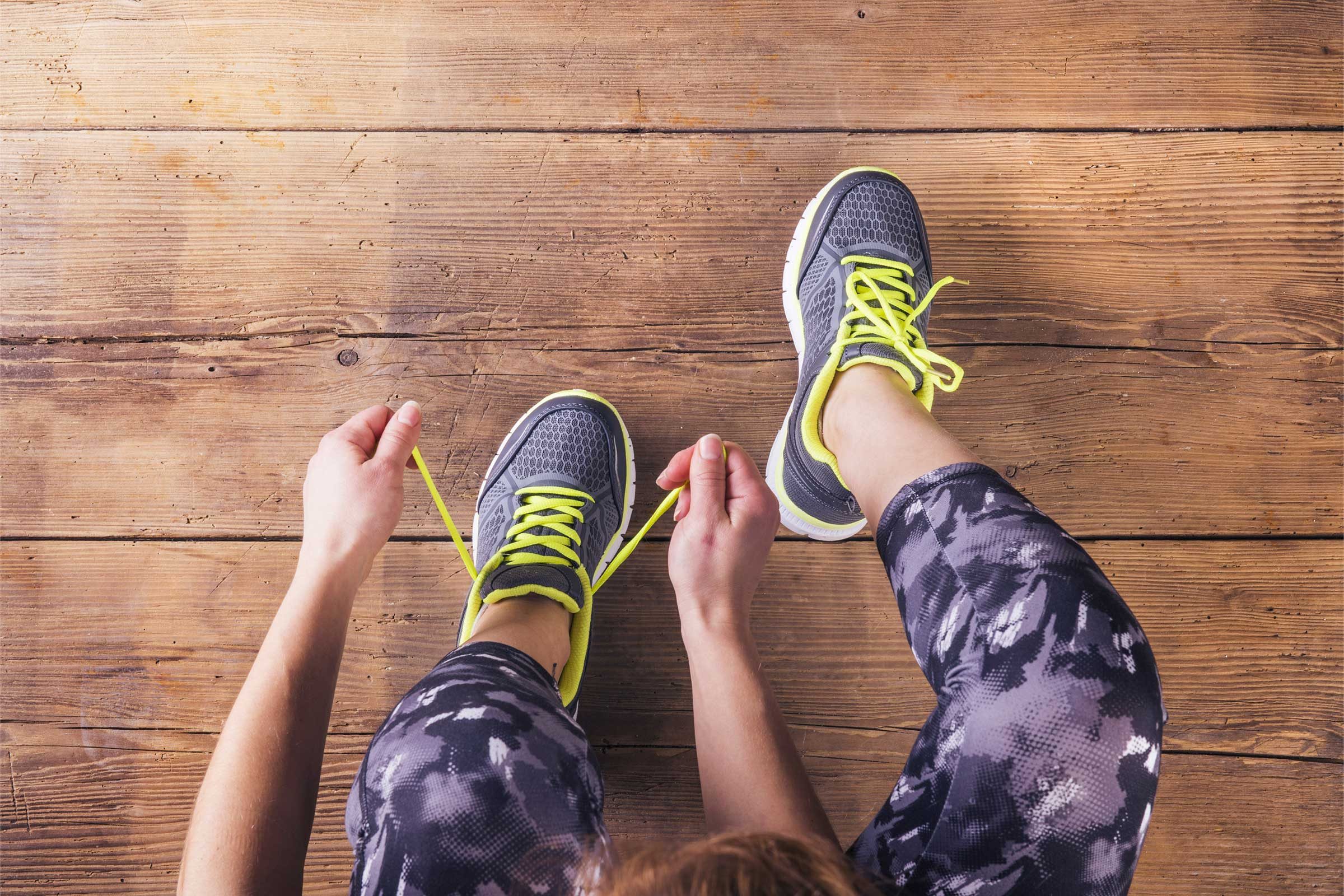
Wearing shoes around the house
Chalk one up for cleanliness here: In addition to tracking in dirt and mud, you can also track in pollen when you wear your shoes in the house, Mark S. Dykewicz, MD, professor of internal medicine and director of allergy and immunology at Wake Forest University School of Medicine, told everydayhealth.com. If you’re prone to allergies, Dr. Dykewicz recommends taking off your shoes and throwing your clothes in the wash as soon as you head indoors. Here are other tips to allergy-proof your home.
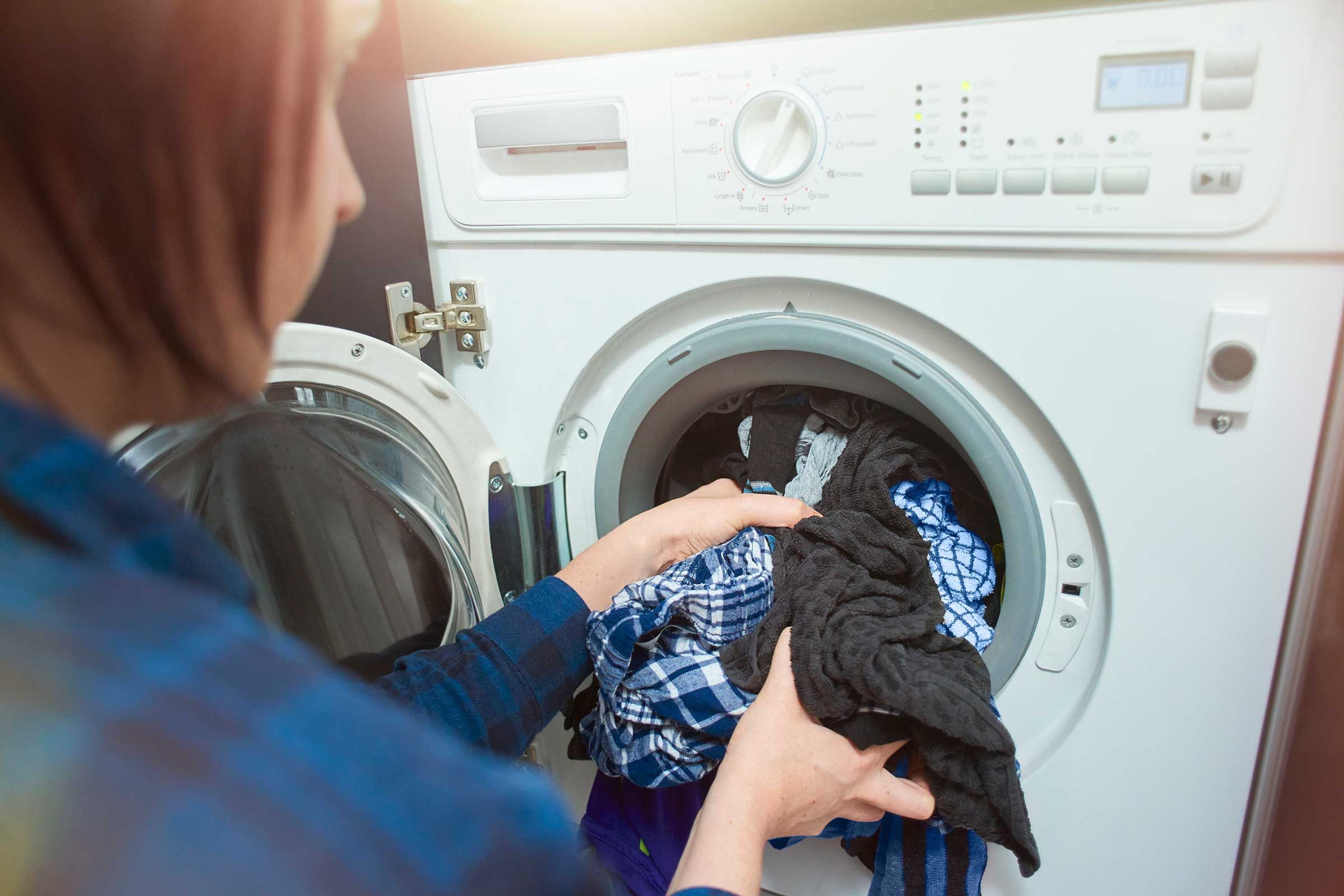
The way you do your laundry
Or more specifically, your bedding. Dust mites—microscopic, pesky, eight-legged arthropods who feed on dead skin cells from people and animals and are a common cause of allergies—love to burrow down and hang out in your sheets, comforters, pillowslip cases, and mattress covers, but before you throw them in the wash, check that it’s set to the hottest possible setting. A 2007 study from Yonsei University in Seoul, South Korea, found that washing bedding in 140 degrees or more killed 100 percent of dust mites, while washing at 104 degrees killed only 6.5 percent of dust mites. Throwing everything in the dryer for at least 15 minutes at a temperature above 130 will also help. “Trust us—your bedding is great at collecting allergens,” Dr. Kuriakose says. If your kids suffer from allergies, Dr. Kuriakose recommends giving their machine-washable stuffed animal friends a hot “bath” too. Here’s more advice on sleeping better with allergies.
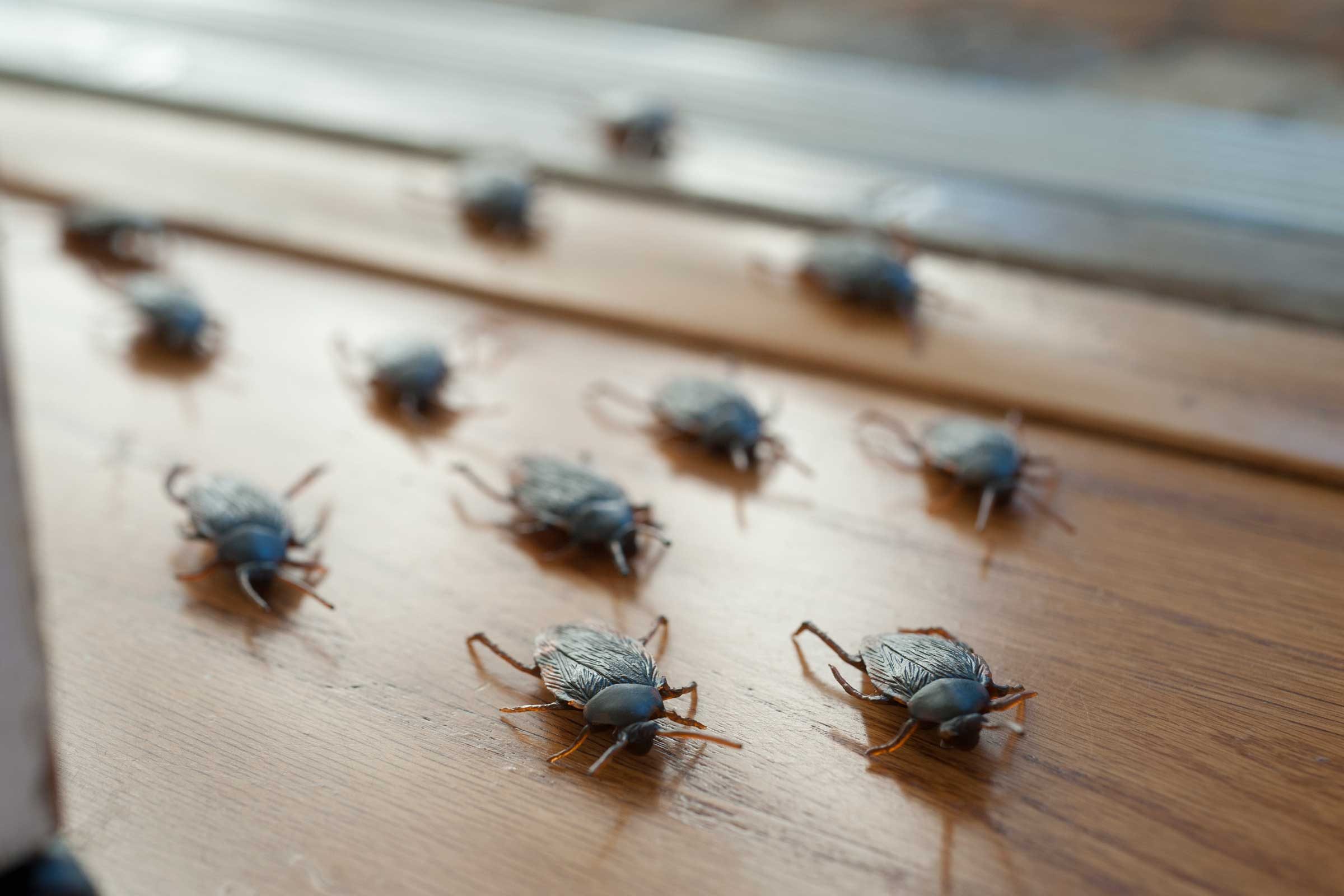
Cockroaches
Gross but true: The Asthma and Allergy Foundation of America reports that cockroach waste is one of the most common causes of year-round allergies and asthma. If you suspect you have a cockroach problem, try bait traps or boric acid to keep them at bay.

Stress
In 2014, researchers at Ohio State University examined 179 people with hay fever for 12 weeks; 39 percent suffered more than one allergy attack. That group reported feeling higher levels of stress than the other patients. The researchers also found that 64 percent of the patients who reported high stress levels suffered more than four allergy attacks in two 14-day periods. WebMD points out that the study, which was published in the Annals of Allergy, Asthma & Immunology, did not prove a cause-and-effect relationship; however, stress can cause a litany of other health problems, including tension headaches, an upset stomach, chest pain, fatigue, mood swings, depression, and sleep problems, so it makes sense that stress might also exacerbate your allergy symptoms. “While alleviating stress won’t cure allergies, it may help decrease the episodes of intense symptoms,” study author Amber Patterson, MD, told WebMD.
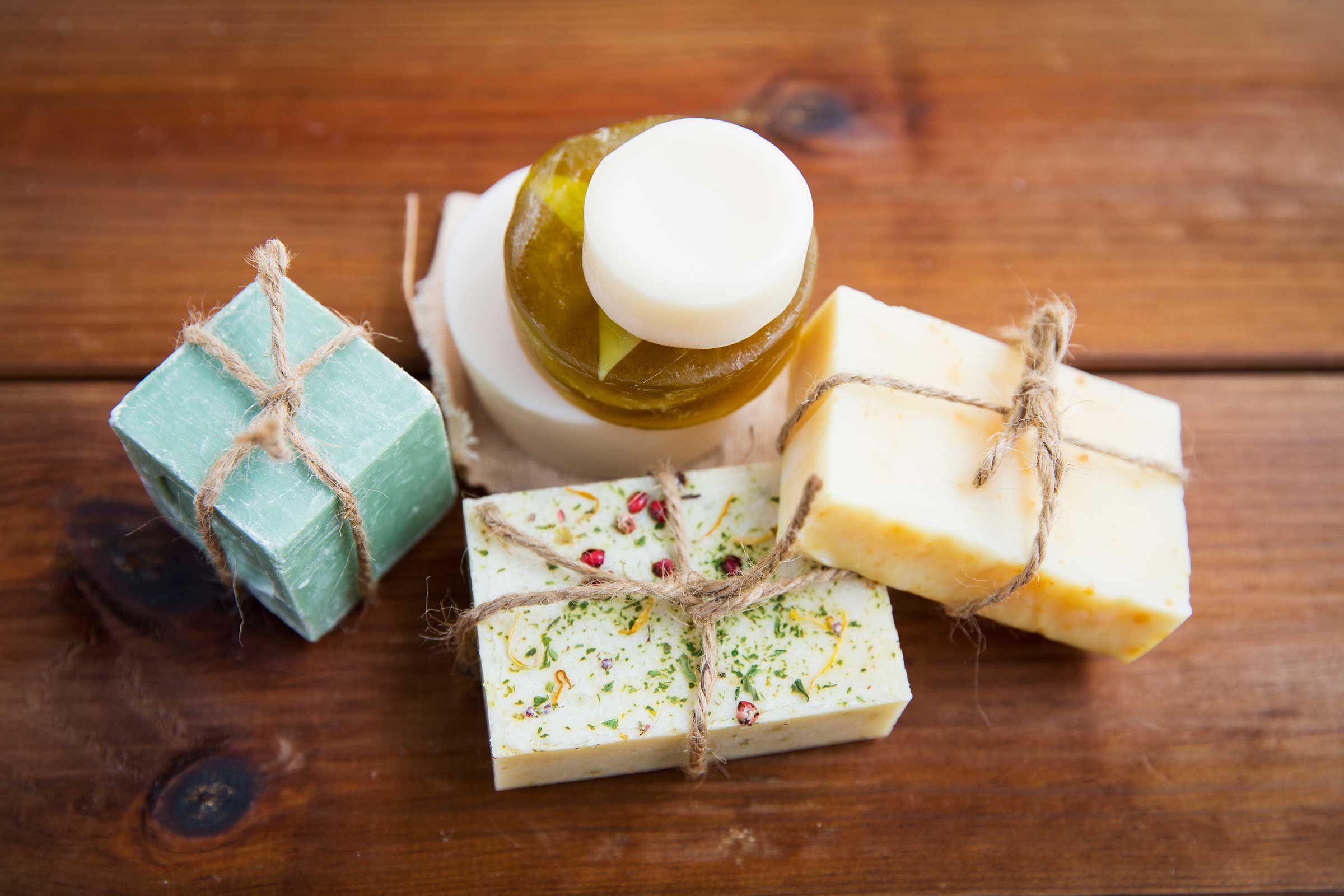
Organic products
Organic skincare and beauty products may be increasing in popularity, but Dr. Kuriakose stresses that they’re not necessarily the least allergenic options out there. They can potentially cause allergic reactions where synthetic products may not have. “For example, rubbing a walnut or orange peel scrub into your skin could trigger an allergic reaction, where a more generic soap would not have historically,” she says. “[It’s] not always the case, but if you suffer from allergies, especially to foods, this should be considered.”
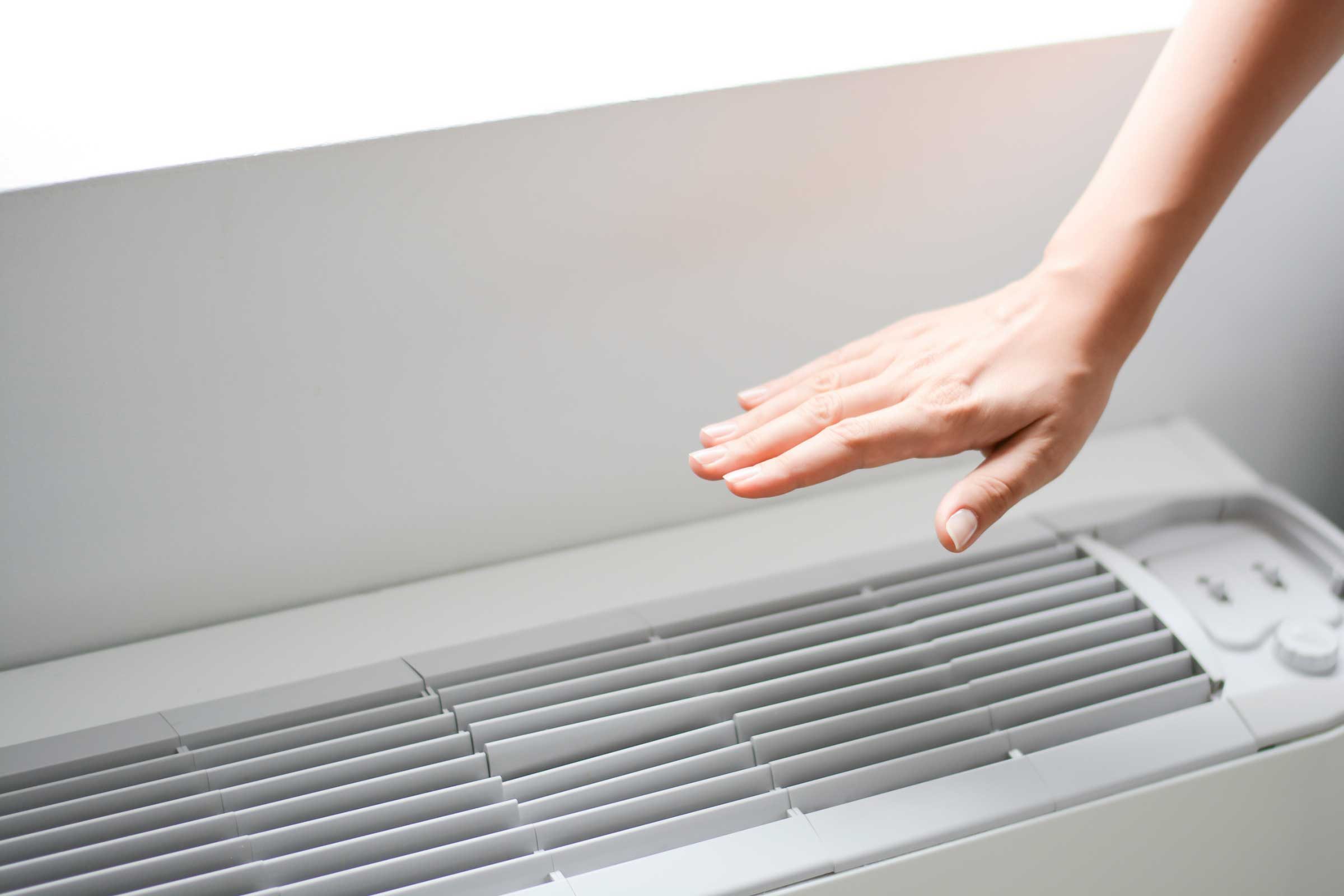
The air in your house
It might be tempting to leave the windows open on a hot day, but you’re better off keeping them all closed and blasting the air conditioner to keep pollen out, Dr. Kuriakose says. Check that the filter on your air conditioner is new and properly installed, and you may also want to invest in a high-efficiency particulate air (HEPA) filter for your vacuum, air conditioner, and vents, which can cut the amount of airborne allergens floating around your home. Not sure where to start? Consumer Reports has a few recommendations; plus you can follow these tips to cut down on indoor air pollution in your home.
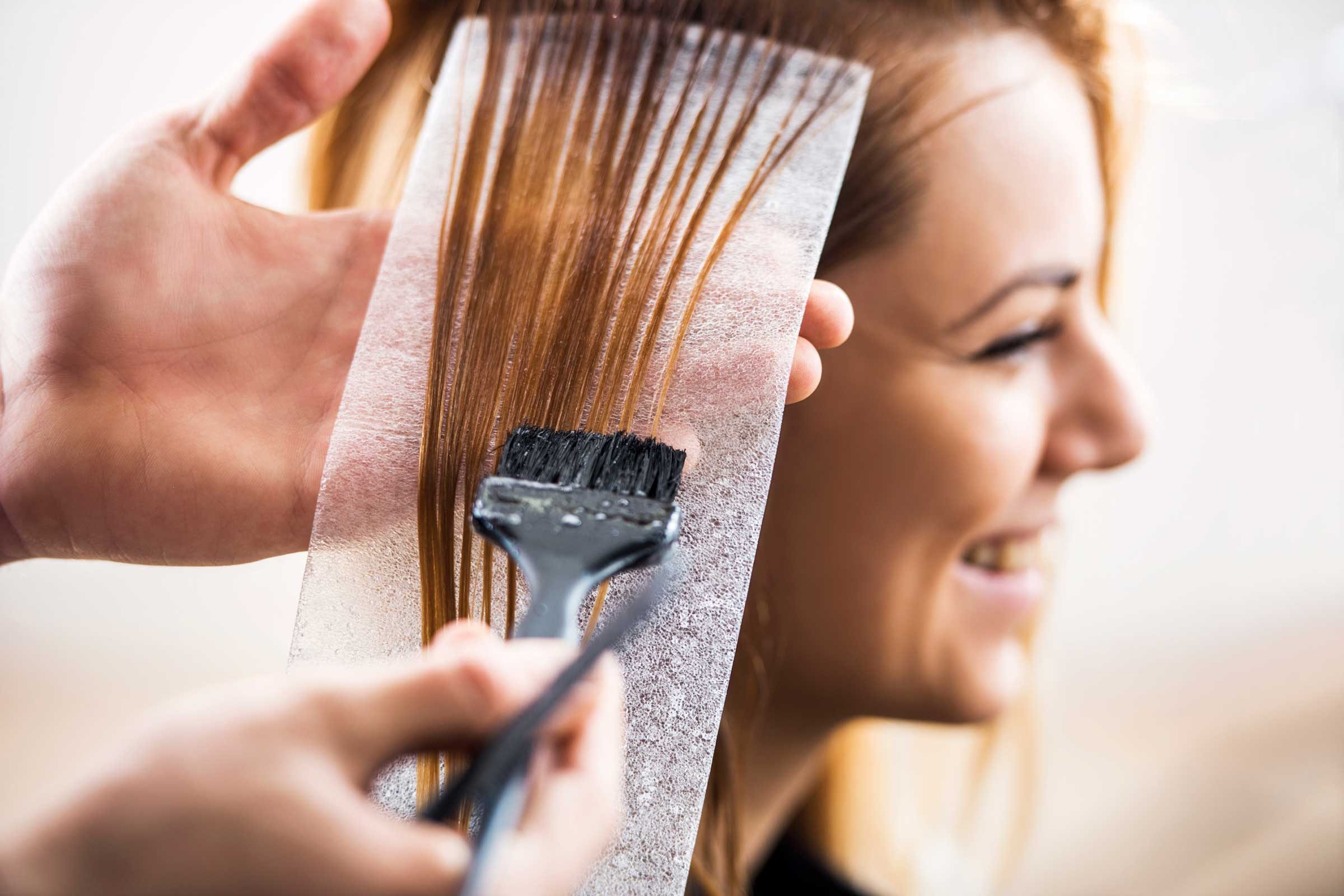
Hair dye
It’s well-known that “fragrance mix 1” or “fragrance mix 2”—basically, a group of the eight most common fragrance allergens that are found in many makeup products, perfumes, detergents, food, soap, insecticides, antiseptics, and dental products—can cause or exacerbate allergies or sensitivities. But they’re not the only allergens lurking in everyday beauty or skincare products. Other common preservatives Dr. Kuriakose says can worsen allergies include quaternium 15—found in self-tanning lotion, shampoo, nail polish, and sunscreen—and paraphenylenediamine, found in hair dye and temporary tattoos.

Your dishwasher
Weirdly enough, it just might be true. A 2015 Swedish study that looked at 1,029 children found that those whose families washed their dishes by hands were “significantly less likely” to develop eczema and “somewhat less likely” to develop allergic asthma and hay fever than those whose families used dishwashers. NPR reports that this study is just the latest in a growing body of evidence that suggests people in developed countries are growing up too clean, thus depriving their immune systems of the ability to recognize certain bacteria and microorganisms and making them more susceptible to allergies. However, as NPR also notes, more research on the subject is needed, and it’s possible that the families in the study who didn’t use dishwashers had something else in common besides the fact that they washed their dishes by hand that protected them from allergies. In other words: Don’t ditch your dishwasher just yet.
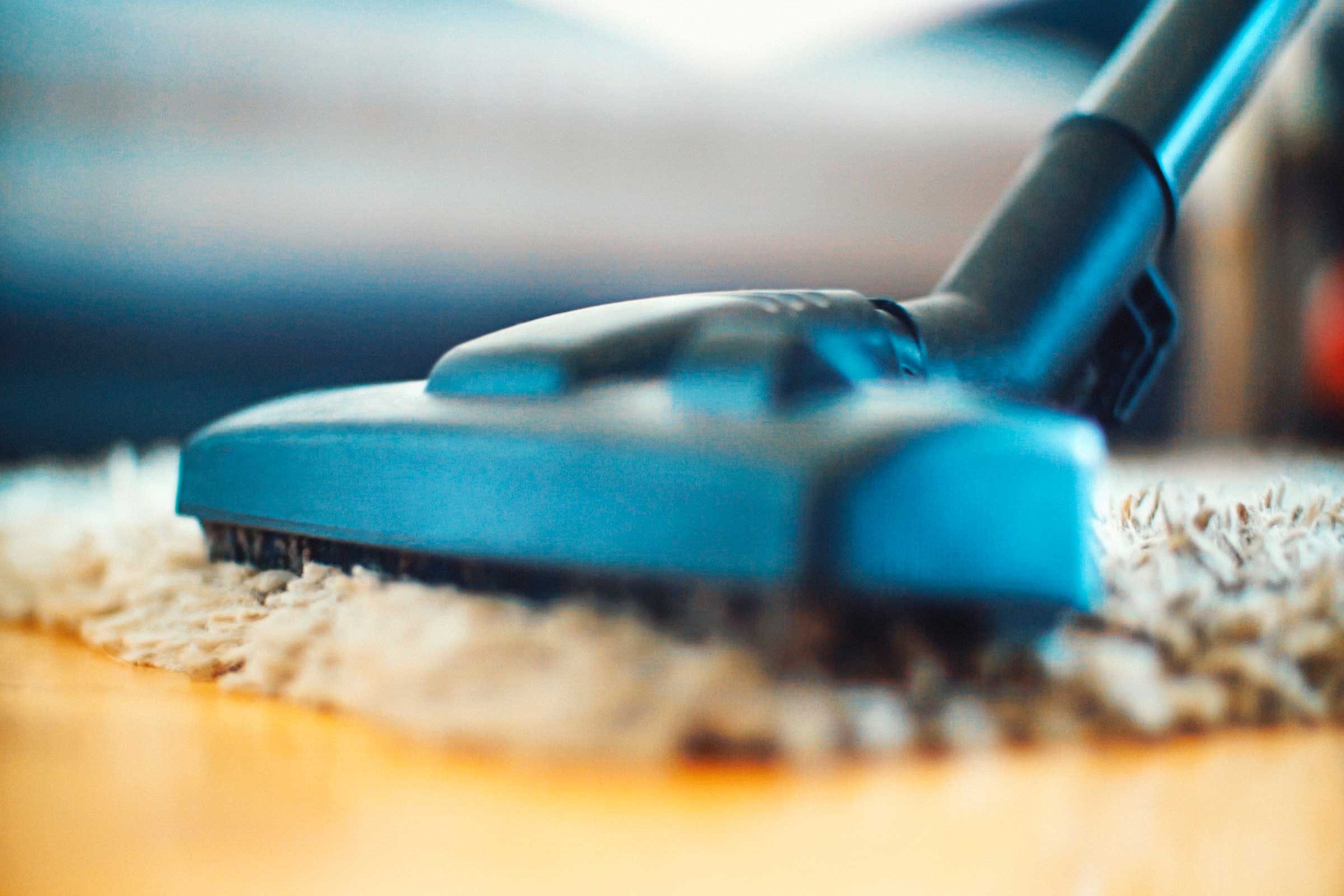
The way you clean your house
Cleaning and de-cluttering is a great way to prevent dust and other allergens from building up and aggravating your allergies, but only if you’re careful. Using a dry cloth or a duster will only send them up in the air, so make sure you’re using a damp cloth to wipe down household surfaces, and make sure you vacuum at least once a week, Dr. Kuriakose advises. Try this tricks to make dusting your home a little easier.